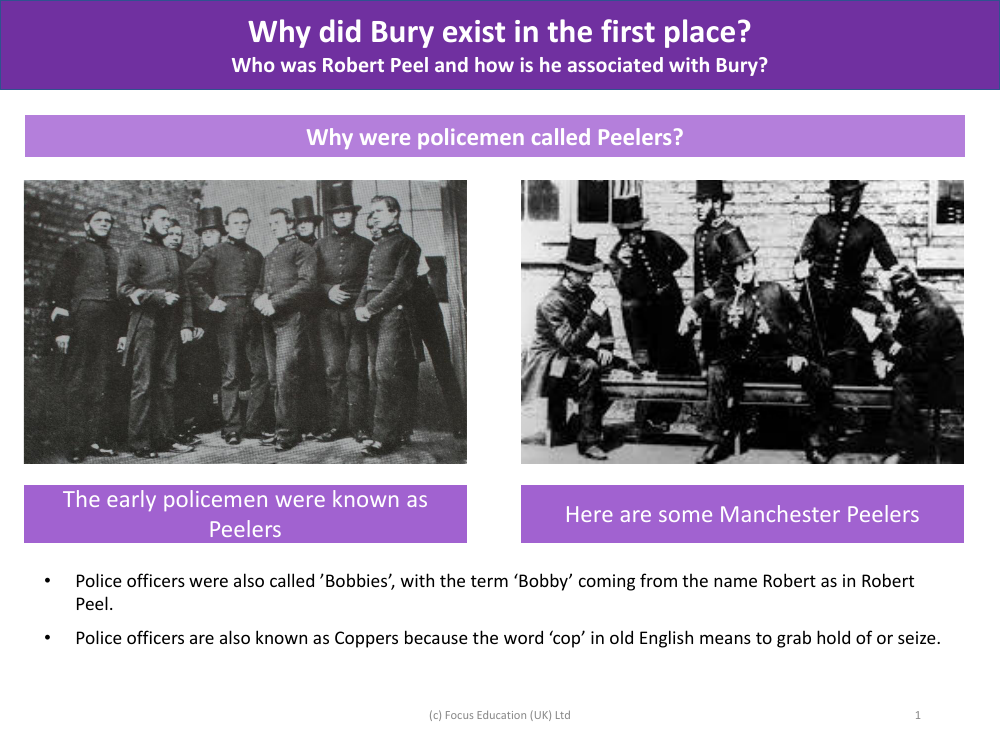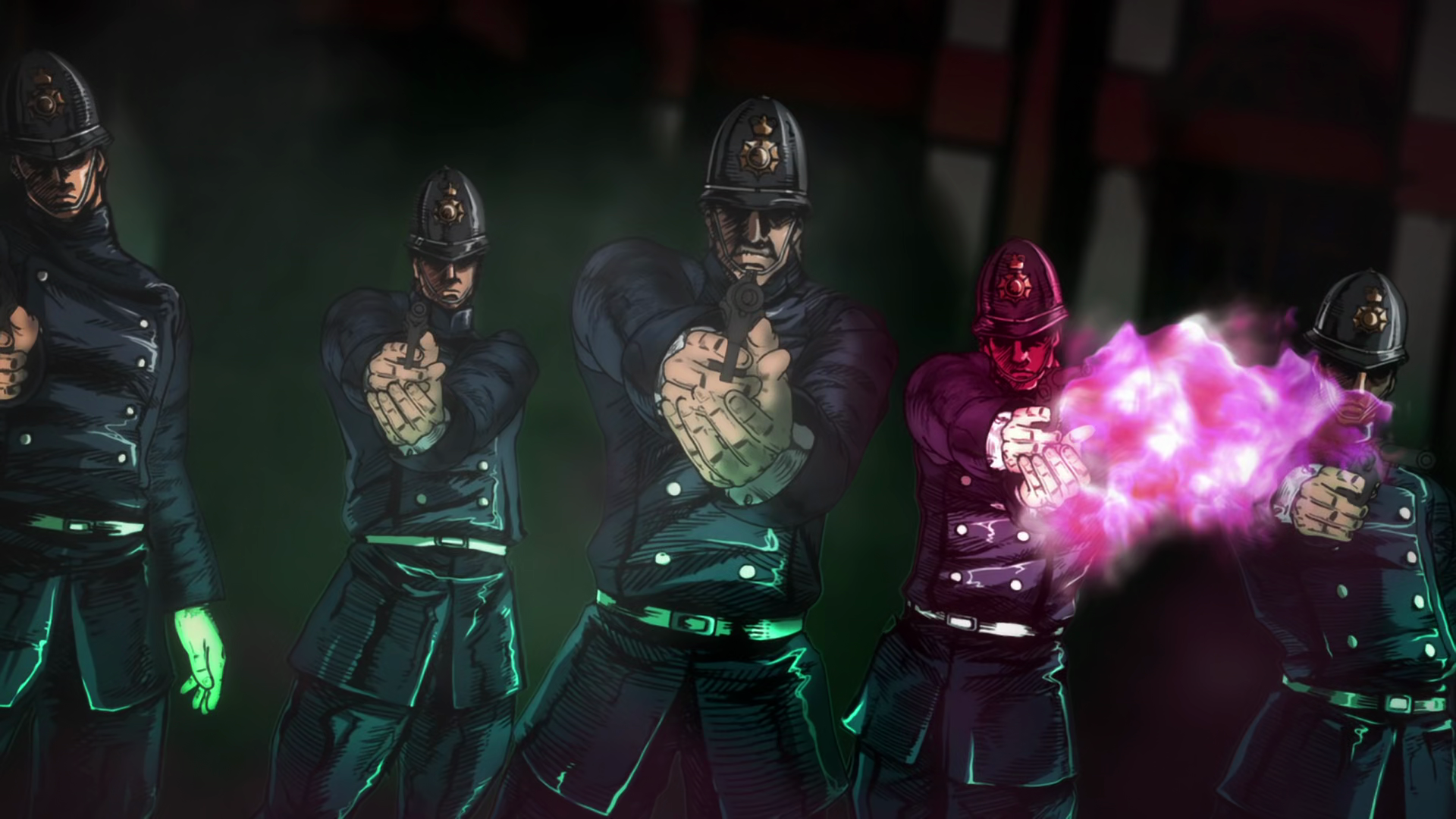Why Are Policemen Called 12? The Fascinating Origins Behind The Slang
Let me break it down for you—policemen being called "12" is more than just a random nickname. It's steeped in history, culture, and even a bit of mystery. If you've ever wondered why this term exists or what it really means, you're in the right place. Today, we’re diving deep into the world of law enforcement slang and uncovering the truth behind "12." So, buckle up, because this ride is about to get real interesting!
Now, let's get one thing straight—law enforcement has its own language, and it’s not just limited to radio codes or acronyms. Slang like "12" has been around for decades, and it’s rooted in the way police officers communicate with each other. But why "12"? Why not "10" or "15"? There’s a story here, and it’s one that needs to be told.
As we explore this topic, we’ll also touch on the broader significance of police slang and how it reflects the unique culture of law enforcement. Whether you’re a curious civilian or someone interested in the inner workings of the police force, this article is for you. Let’s dig in and find out why policemen are called "12."
Read also:Donald P Bellisario Net Worth Unveiling The Man Behind The Scenes
Understanding the Term "12": A Quick Overview
Before we dive into the nitty-gritty, let’s establish what "12" actually means. In police slang, "12" is shorthand for a police officer or patrolman. It’s often used in radio communication, where brevity is key. Instead of saying "officer" or "patrolman," they simply say "12." Simple, right? Well, not so fast—there’s a whole lot more to it than meets the eye.
Where Did the Term Come From?
Believe it or not, the origin of "12" dates back to the early days of police radio communication. Back in the 1930s and 40s, police departments started using two-way radios to coordinate patrols and respond to emergencies. These radios had a limited number of channels, and each channel was assigned a number. Channel 12 became the default channel for routine communication, and over time, "12" became synonymous with police officers themselves.
Think about it—when you hear "12" over the radio, it’s usually followed by something like "check your position" or "respond to a call." It’s a quick way to refer to an officer without wasting precious airtime. And let’s be honest—who doesn’t love a good shortcut?
Why Does Slang Matter in Law Enforcement?
Slang isn’t just about being cool or hip—it serves a practical purpose in law enforcement. In high-pressure situations, every second counts. Using slang like "12" allows officers to communicate quickly and efficiently without getting bogged down in long-winded descriptions. Plus, it creates a sense of camaraderie among officers, reinforcing their shared identity and mission.
But here’s the thing—police slang isn’t just limited to "12." There are countless other terms and phrases that officers use on a daily basis. For example:
- "10-4" means "message received."
- "Code 3" refers to an emergency response with lights and sirens.
- "Backup" is shorthand for requesting additional officers at a scene.
Each of these terms has its own history and significance, and together, they form the backbone of police communication.
Read also:Captivating Witty Clan Names Your Ultimate Guide To Naming Glory
The Cultural Significance of Police Slang
Slang isn’t just a tool—it’s a reflection of the culture and values of law enforcement. By using terms like "12," officers create a sense of unity and belonging. It’s like a secret language that only they understand, and it helps them bond over their shared experiences. But it’s also a double-edged sword—some critics argue that police slang can create barriers between officers and the communities they serve. It’s a delicate balance that requires careful consideration.
How "12" Became a Part of Popular Culture
You might be surprised to learn that "12" isn’t just confined to police departments—it’s made its way into popular culture as well. Movies, TV shows, and even music have all embraced this term, cementing its place in the public consciousness. For example:
- In the classic cop show "Adam-12," the main characters are LAPD officers who patrol in a squad car designated as "1-2." The show ran from 1968 to 1975 and became a cultural phenomenon.
- In hip-hop music, rappers often reference "12" as a nod to law enforcement. It’s a way of acknowledging the presence of police in urban communities while also critiquing their actions.
By entering the mainstream, "12" has become more than just a term—it’s a symbol of law enforcement’s impact on society.
The Evolution of Police Slang Over Time
Language is always evolving, and police slang is no exception. What started as a practical tool for communication has grown into a rich and complex system of terms and phrases. Some of the older slang has fallen out of use, while new terms have emerged to reflect changing times. For example:
- "Five-O" became popular thanks to the TV show "Hawaii Five-O," and it’s now a widely recognized term for police officers.
- "Blue wall" refers to the unwritten code of silence among officers, and it’s often used in discussions about police accountability.
As society changes, so too does the language of law enforcement. It’s a testament to the adaptability and resilience of police culture.
The Role of Technology in Shaping Police Slang
Technology has had a profound impact on police communication, and with it, police slang. From two-way radios to smartphones and body cameras, officers now have access to a wide range of tools that influence the way they interact with each other and the public. But has this shift affected the use of terms like "12"? Absolutely.
For one thing, the rise of digital communication has made it easier for officers to share information quickly and efficiently. But it’s also created new challenges, such as ensuring that slang doesn’t create confusion or miscommunication. As technology continues to evolve, so too will the language of law enforcement.
Challenges and Controversies Surrounding Police Slang
Not everyone is a fan of police slang, and for good reason. Critics argue that terms like "12" can create a sense of detachment between officers and the communities they serve. When officers use slang that civilians don’t understand, it can create a barrier that makes it harder to build trust and cooperation.
On the other hand, proponents of police slang argue that it’s an essential part of the job. It allows officers to communicate quickly and effectively in high-pressure situations, and it reinforces their shared identity and mission. Striking the right balance is key to ensuring that police slang serves its intended purpose without alienating the public.
Case Studies: Real-Life Examples of "12" in Action
To better understand the role of "12" in law enforcement, let’s look at some real-life examples. In 2019, a police officer in New York City used the term "12" during a high-speed chase that ended in the arrest of a suspected drug trafficker. The officer’s quick thinking and effective communication helped ensure a safe and successful outcome. But not all stories have happy endings.
In 2020, a controversy erupted over the use of police slang during a protest in Minneapolis. Critics argued that terms like "12" created a sense of dehumanization and made it harder for officers to connect with protesters. The incident sparked a wider conversation about the role of language in law enforcement and the importance of clear communication.
Lessons Learned: What These Cases Tell Us
Both of these examples highlight the importance of using police slang responsibly. While terms like "12" can be incredibly useful in certain situations, they can also create unintended consequences if not used carefully. By learning from these cases, officers can improve their communication skills and build stronger relationships with the communities they serve.
The Future of Police Slang: What’s Next?
As we look to the future, it’s clear that police slang will continue to evolve. Advances in technology, changes in society, and shifting attitudes toward law enforcement will all play a role in shaping the language of the next generation of officers. But one thing is certain—terms like "12" will remain an integral part of police culture for years to come.
So, the next time you hear someone refer to a police officer as "12," take a moment to appreciate the history and significance behind the term. It’s more than just a word—it’s a window into the world of law enforcement and the people who dedicate their lives to keeping us safe.
How You Can Get Involved
If you’re interested in learning more about police slang or supporting law enforcement in your community, there are plenty of ways to get involved. Attend a local police-community meeting, volunteer with a neighborhood watch program, or simply take the time to thank an officer for their service. Every little bit helps!
Conclusion: Why "12" Matters
In conclusion, the term "12" is more than just a nickname for police officers—it’s a symbol of the rich history and culture of law enforcement. From its origins in radio communication to its place in popular culture, "12" has played a vital role in shaping the way we think about policing. But it’s also a reminder of the importance of clear communication and mutual understanding between officers and the communities they serve.
So, what can you do? Start by educating yourself about police slang and its significance. Share this article with your friends and family, and encourage them to learn more about the world of law enforcement. Together, we can build a brighter future for everyone.
Table of Contents
- Understanding the Term "12": A Quick Overview
- Where Did the Term Come From?
- Why Does Slang Matter in Law Enforcement?
- The Cultural Significance of Police Slang
- How "12" Became a Part of Popular Culture
- The Evolution of Police Slang Over Time
- The Role of Technology in Shaping Police Slang
- Challenges and Controversies Surrounding Police Slang
- Case Studies: Real-Life Examples of "12" in Action
- The Future of Police Slang: What’s Next?
Thanks for sticking with me through this deep dive into the world of police slang. Remember, every word has power, and "12" is no exception. Now go out there and spread the word!
Article Recommendations


